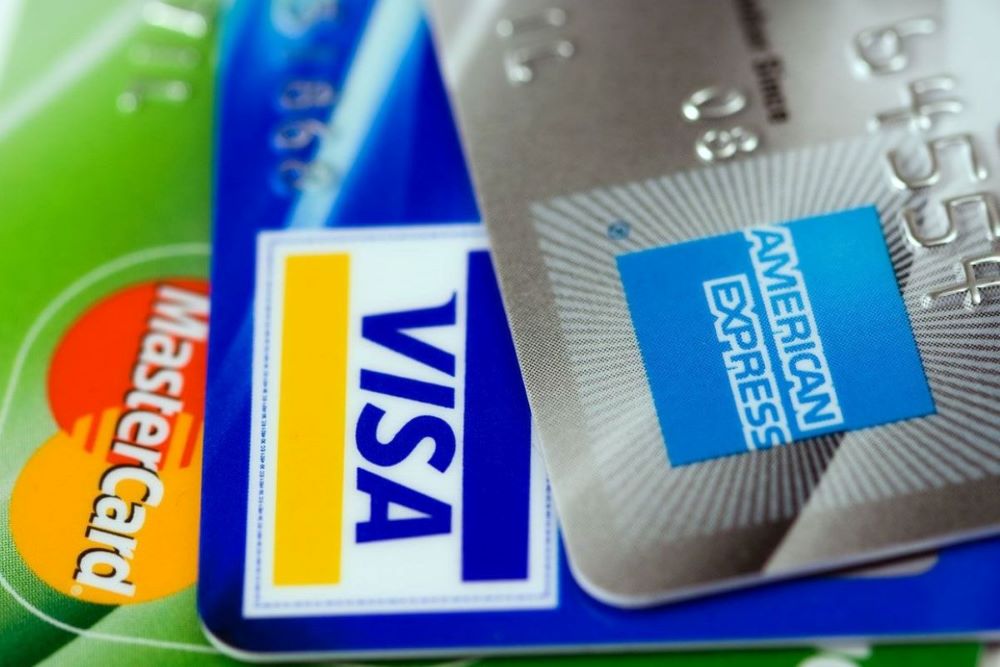The need for money is inevitable, just like change. While you may not be able to control all the financial changes, having a plan will enable you to weather them easier. Financial literacy – being empowered to make good financial choices – is something every adult needs. Start with these basics.
Disclosure: This post may contain affiliate links, which means we may receive a commission if you click a link and purchase something we have recommended. This commission comes at no additional cost to you but will help us keep this site up and running and ad-free! Thank you for all the support. You can read our full privacy policy here.
Know How Much You Earn
Before you can make a budget, spend, save, or invest, you need to know how much you earn each month. If your income is the same every month, that part is easy. Look at your pay stub to determine your gross and net pay, as well as any deductions.
If your income varies month to month, like nearly ⅓ of Americans, it’s a little more complicated. Calculate your gross and net income based on historical data. Then, you’ll be ready to move forward.

Make a Spending Budget
A personal budget is necessary to ensure you don’t spend more than you can afford. It also helps you achieve long- and short-term financial goals. If you’re not sure how to make a budget, this is a great place to start. When choosing a spending budget, it’s important to consider also creating a savings plan to go along with it.
Saving Plans
There are many reasons to save your money. How much and what method you use vary depending on your goals. You’ll want to speak with a financial planner about your specific goals, but you should have these types of savings goals:
- Emergency fund – gives you peace of mind and protects against a temporary financial setback
- Retirement – the earlier you start, the better
- Big purchases – whether you’re saving for a car, home, or luxury vacation, setting aside a little each month will ensure you reach those goals
- Paying off debt – paying off early (or at least on time) can save you thousands of dollars in interest

Borrowing
Even the most diligent savers have to borrow at some point, such as to buy a car or home. Borrowing isn’t a bad thing, so long as you do it responsibly. Generally, the higher your credit score, the lower your interest rate will be.
One way to boost your credit score is to charge something each month and pay it off right away. You won’t incur interest and will still be spending within your means.
Protect Yourself
Regularly review your bank and credit card statement for signs of fraud and take steps to address anything that arises. It’s important to categorize your transactions each month to ensure that you catch any fraudulent or unauthorized charges. Keep your passwords secure and buy insurance to protect yourself in the event of an emergency.
Bonus: Include Your Kids
The earlier financial literacy is taught, the easier it is to make smart financial decisions. Here are some easy ways to introduce financial concepts to your children. Don’t underestimate the power of building small habits and having conversations with your kids as questions or topics arise. These small moments of teaching financial literacy will compound over time, so be intentional in the little moments.
Join Our Mailing List









